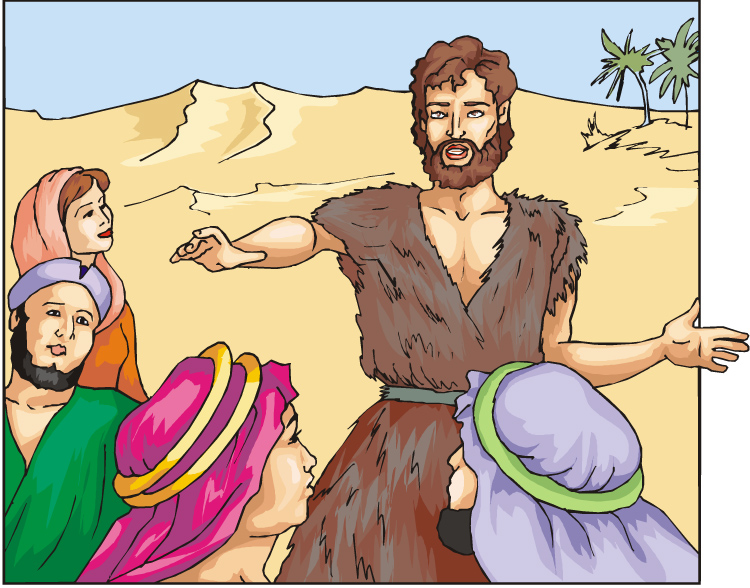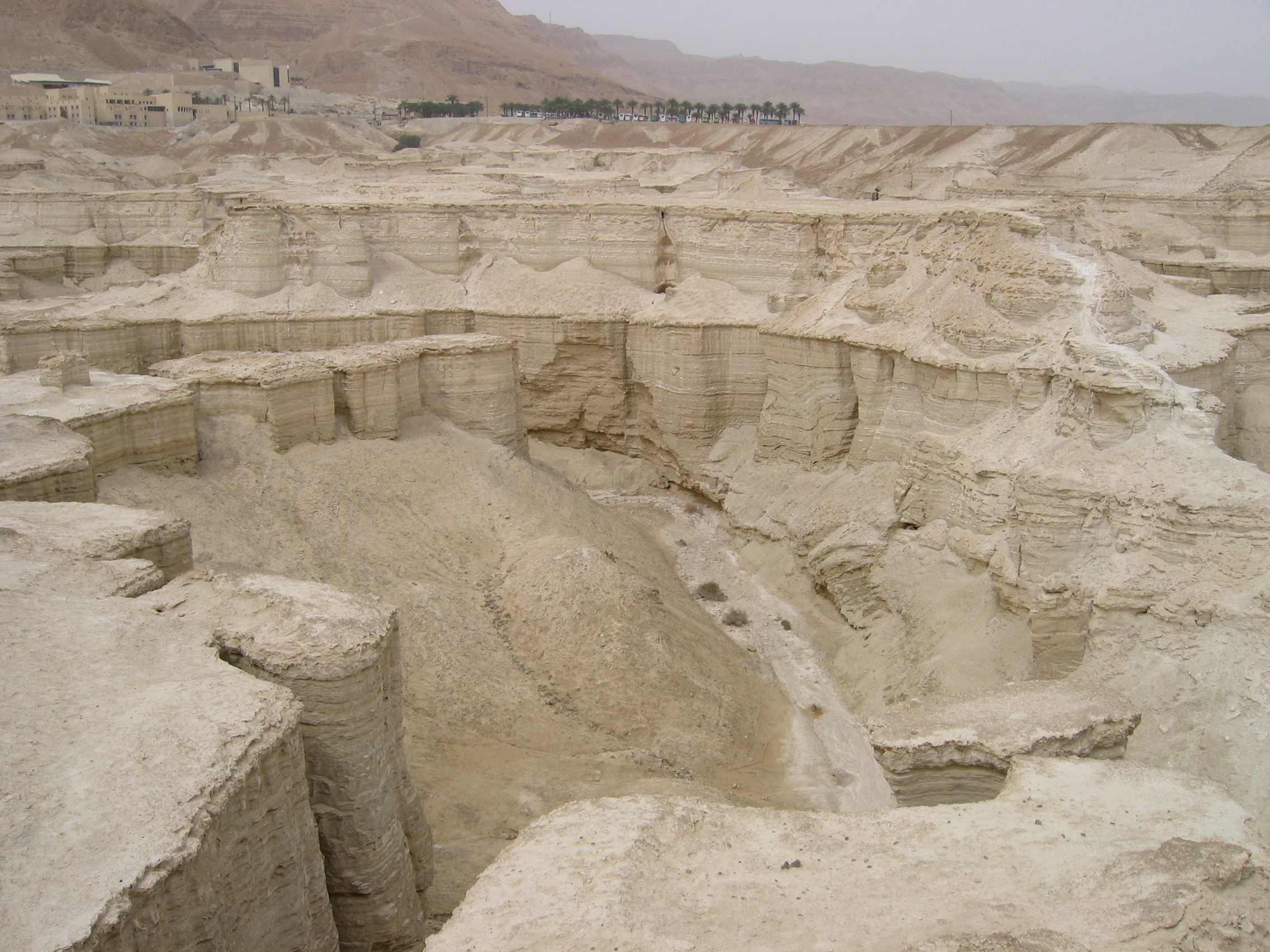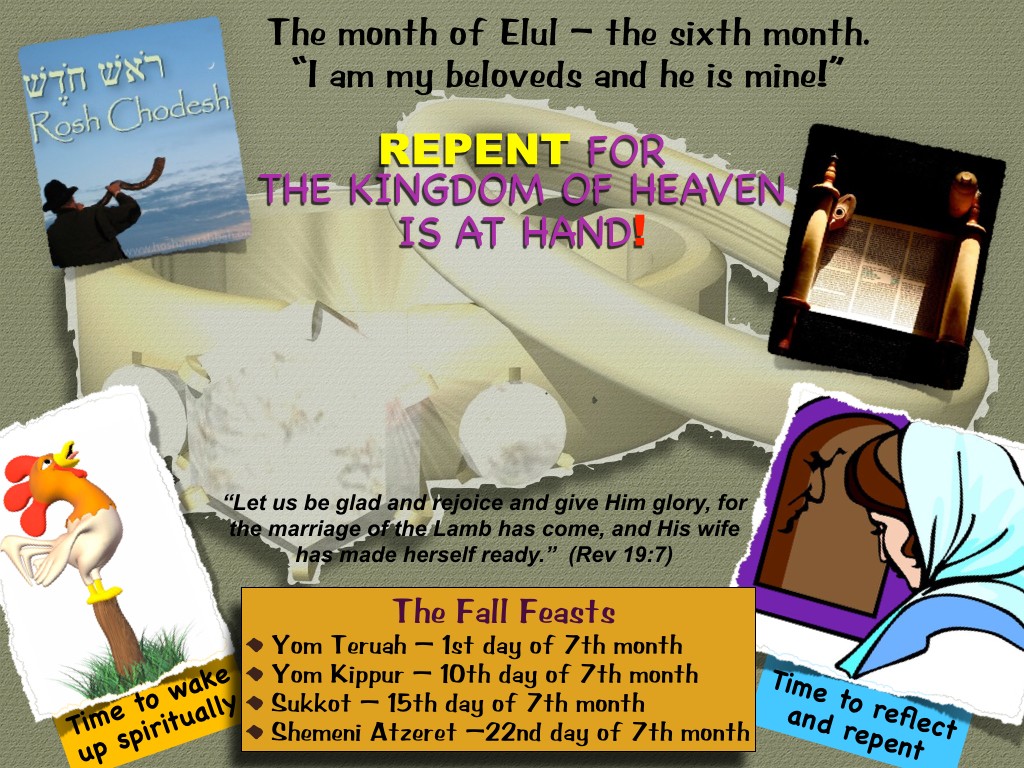Leviticus 19:6–7, It shall be eaten. The terms first, second and third day are often significant prophetically (e.g. Hos 6:2; Gen 22:4; Luke 13:32; Exod 19:11, 15) referring to the salvific work of Messiah Yeshua that occurred at his first coming, and which will occur in the first, second and third millennia after his first coming. Day three would correspond with the beginning of year 7000—a date we must be very near. If Torah reveals that the peace offering was not accepted on the third day, what is this prophetically telling us? Leviticus 7:17–18 says of the same offering that the portion of the sacrifice which remains until the third day shall be burnt with fire, while 19:6–8 says that the person who eats the peace offering on the third day will “bear his iniquity” and “will be cut off from his people.” That is, the peace offering will be of no avail to that person and they will not have peace with their Redeemer.
Is a day coming when the door of opportunity for salvation will be shut (as was the case when the door of Noah’s ark was shut before Elohim brought judgment upon the earth by the flood, Gen 7:16), the period of grace that we are now in will end when the wrath of Elohim will be poured out upon the unregenerate (Rev 15–16) just prior to the return of Yeshua? Are you saved by the blood of Yeshua, the Lamb of YHVH? Have you repented of your sins (violation of YHVH’s Torah-laws [1 John 3:4]), and are you walking in a righteous and obedient relationship with your Heavenly Father through Yeshua the Messiah by the power of the Ruach Kodesh (Set-Apart Spirit)?
For he says, “I have heard you in a time accepted, and in the day of salvation have I succoured you: behold, now is the accepted time; behold, now is the day of salvation.” (2 Cor 6:2)






